Long and Short Reviews welcomes Lee Schneider, author of Surrender.
Dystopia is Easy, Utopia is Hard
Do things seem unstable to you? Is technology moving too fast? Do people seem to pay more attention to the online world than they are to the real one? Considering everything going on around us, it’s easy to fall into a dystopian frame of mind.
Now put yourself in the mind of an author. Maybe you are one already, so this next part won’t be hard. Constructing a reality that is dark and difficult can be exciting to write. Bad news is easier to dramatize than good news. Evil villains are easier to write than good people who might seem a little boring. Dystopian visions are easy to market, like Blade Runner, based on Do Androids Dream of Electric Sheep by Philip K. Dick, while stories about the redemptive power of friendship may build audiences one reader at a time, like Tomorrow, and Tomorrow, and Tomorrow by Gabrielle Zevin.
If you need proof in numbers, just look at Amazon’s Bestseller lists for science fiction: Dystopian dramas, techno thrillers, and bad guys are on top. Is it just all that bad stuff that keeps us coming back? No, there’s something else. There’s a trick to the best dystopian tales, a slight of hand in the writing, that makes them seem dystopian on the surface, but they actually hold hope.
Ursula K. Le Guin is the master of this form. You read a book of hers like The Left Hand of Darkness and it might seem pretty dark at first. It’s got a mad king who exiles a diplomat he hates, and a planet with weather so harsh you could easily freeze to death. But Le Guin’s intent is the opposite of getting her readers depressed about the story. The Left Hand of Darkness is actually a story about how different people can come together and respect each other. When I finished the book, I felt uplifted.
Octavia E. Butler’s novel Kindred is enjoying a TV adaption on Hulu right now. The story is about a woman who time travels from 1979 to a plantation in Maryland before the Civil War. As the main character fills in missing parts of her personal history, and evades capture by slavers, we perceive her as an increasingly complex character caught in a period of history that has more dimensions than we may have first assumed. Read Kindred, and you’ll learn about how power struggles force people to befriend and betray each other, but also how they redeem themselves. It starts out as a dystopian tale but ends in a way that is positive and uplifting.
If you like stories that come together slowly (as in over three large volumes), start with The Three-Body Problem by Cixin Liu. The first book starts with an alien invasion that takes 400 years to get to Earth. When the bad guys finally arrive, the results are catastrophic. They conquer Earth, and all humans are under the thumb of the invaders. But keep reading! By the third book, Death’s End, not only do we humans take back our planet, but we get close to establishing an Earthly utopia.
Science fiction writers tell us about the future, but a special vision of the future that has a lot to do with the present. It can show us a way forward, sometimes in a backwards way, when we read about dystopias and learn what not to do. In The Ministry of the Future, Kim Stanley Robinson depicts how climate change will nearly end human life on earth, but then shows us a way to avoid the disaster.
In these times, with tech dominating nearly every part of life, and some of our most dystopian visions coming true, science fiction has a special responsibility to point the way to a better version of the world. I think of Butler’s Kindred, Liu’s Three-Body Problem and Robinson’s The Ministry of the Future each as books that can light the way, even if they start by painting a dark picture of the world. We readers need a journey, right? If the journey was easy, we’d probably put down the book. But when a story pulls us in, and eventually turns a dark vision into light, it might show us a path to utopia that we’ve never considered before.
It is 2050. Kat Keeper, an entrepreneur, hires an AI savant to recreate the consciousness of her husband, who has passed away. Soon, she is drawn into a love triangle with her husband’s mind and the man who created it.
Kat learns, only too late, that the man she hired leads a tech company that is working to capture the inner thoughts of all people, and use them to control the weather, all tech and learning, and even human will. Kat knows she must stop this, but doesn’t know how. She is pursued by a secret circle of women who say they have the answer, and want her to lead them.
Surrender takes place in a future where a global machine intelligence manages our climate disaster. While a tech company works to harvest every citizen’s thoughts, a secret band of resisters struggles to keep human thought safe and free.
About the Author
Lee Schneider is a novelist and non-fiction writer. His most recent book is Surrender, a speculative science fiction story set in 2050 with a climate change theme. It’s available on Amazon, Apple Books, bookshop.org, and Barnes & Noble. His website is https://futurex.studio. Find him on Amazon, Mastodon, Instagram, and Medium.

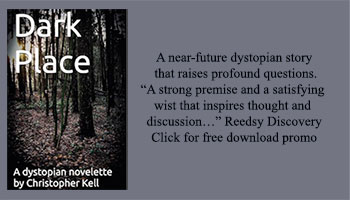



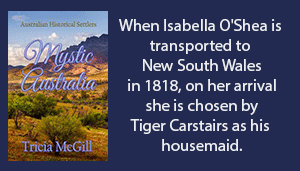

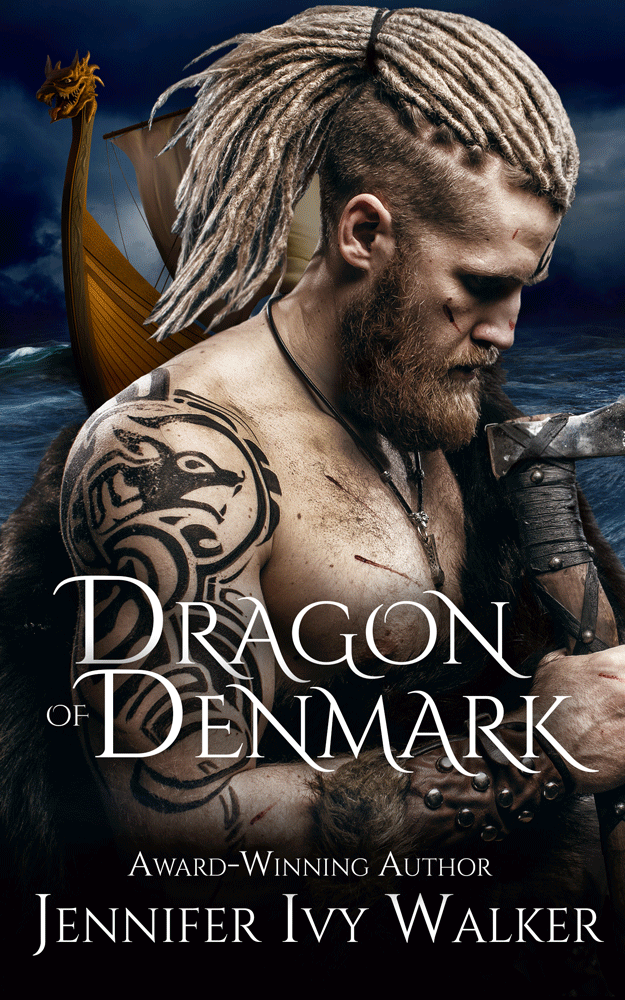



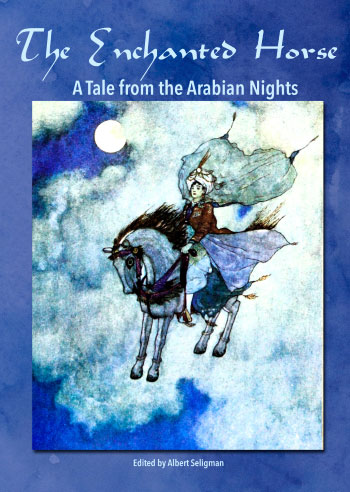

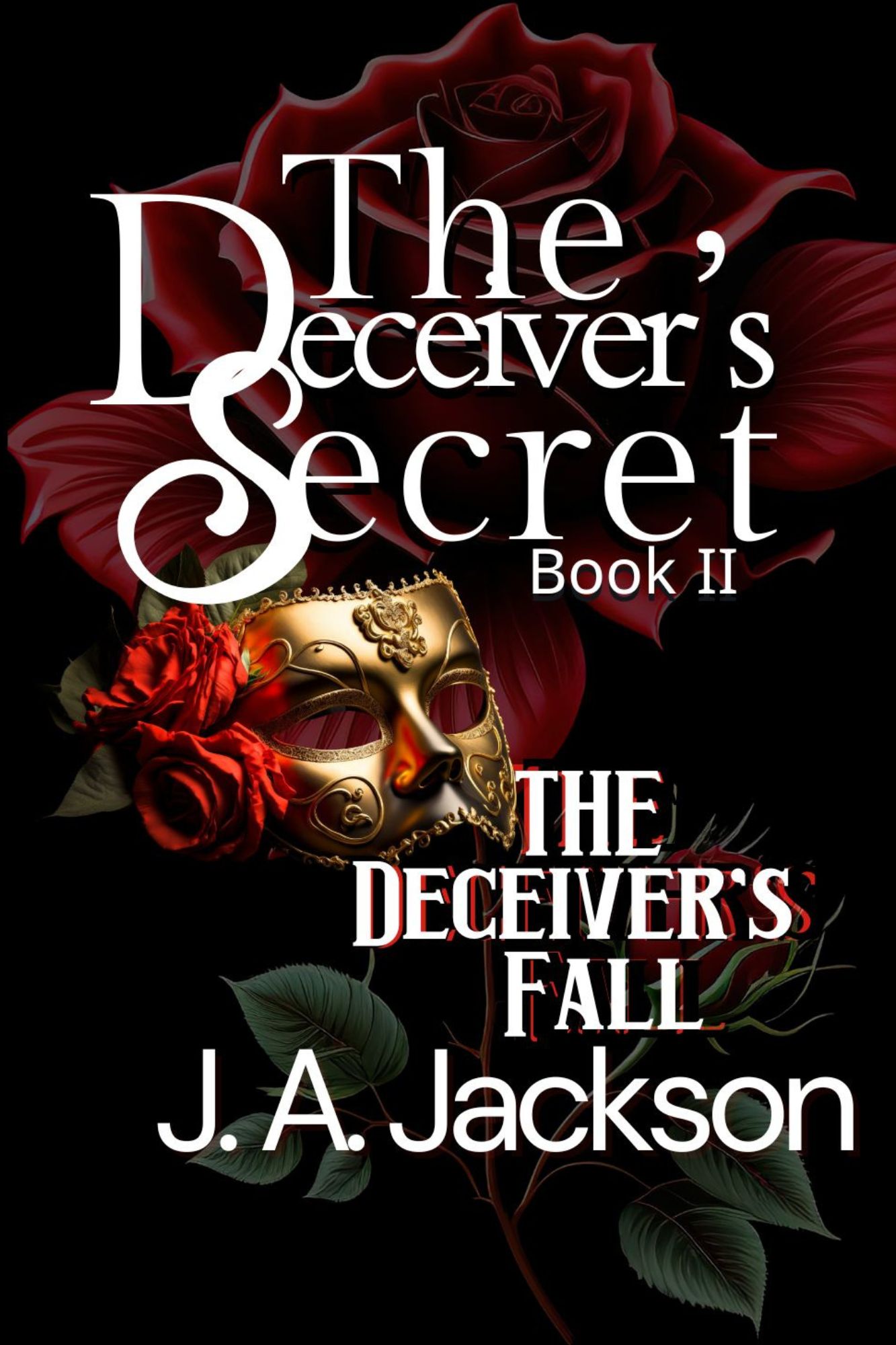


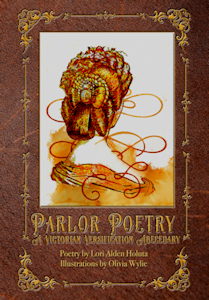

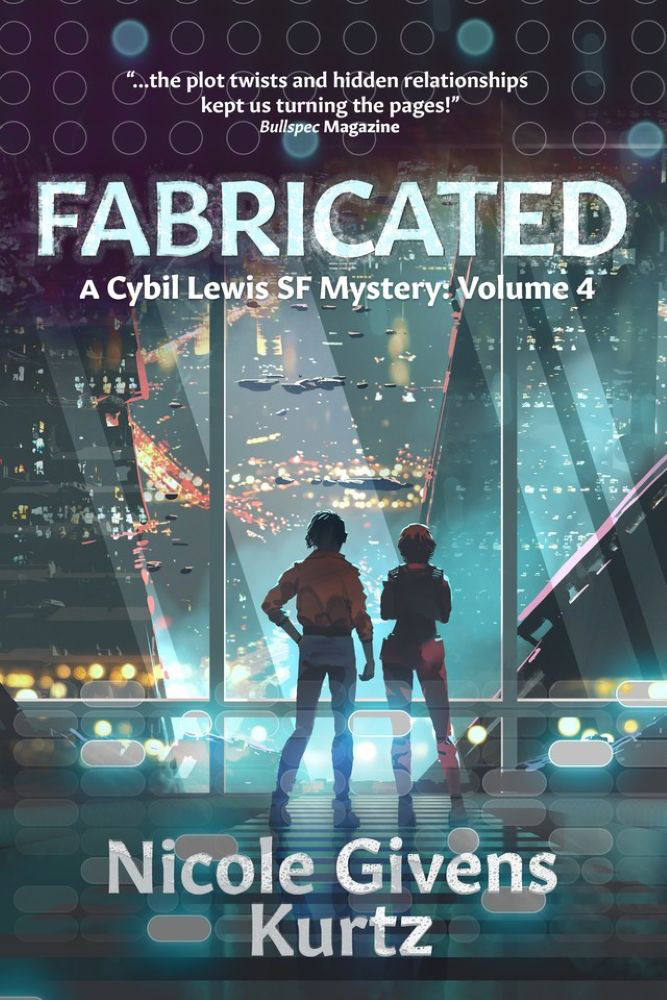

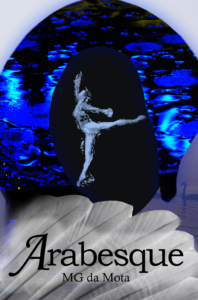
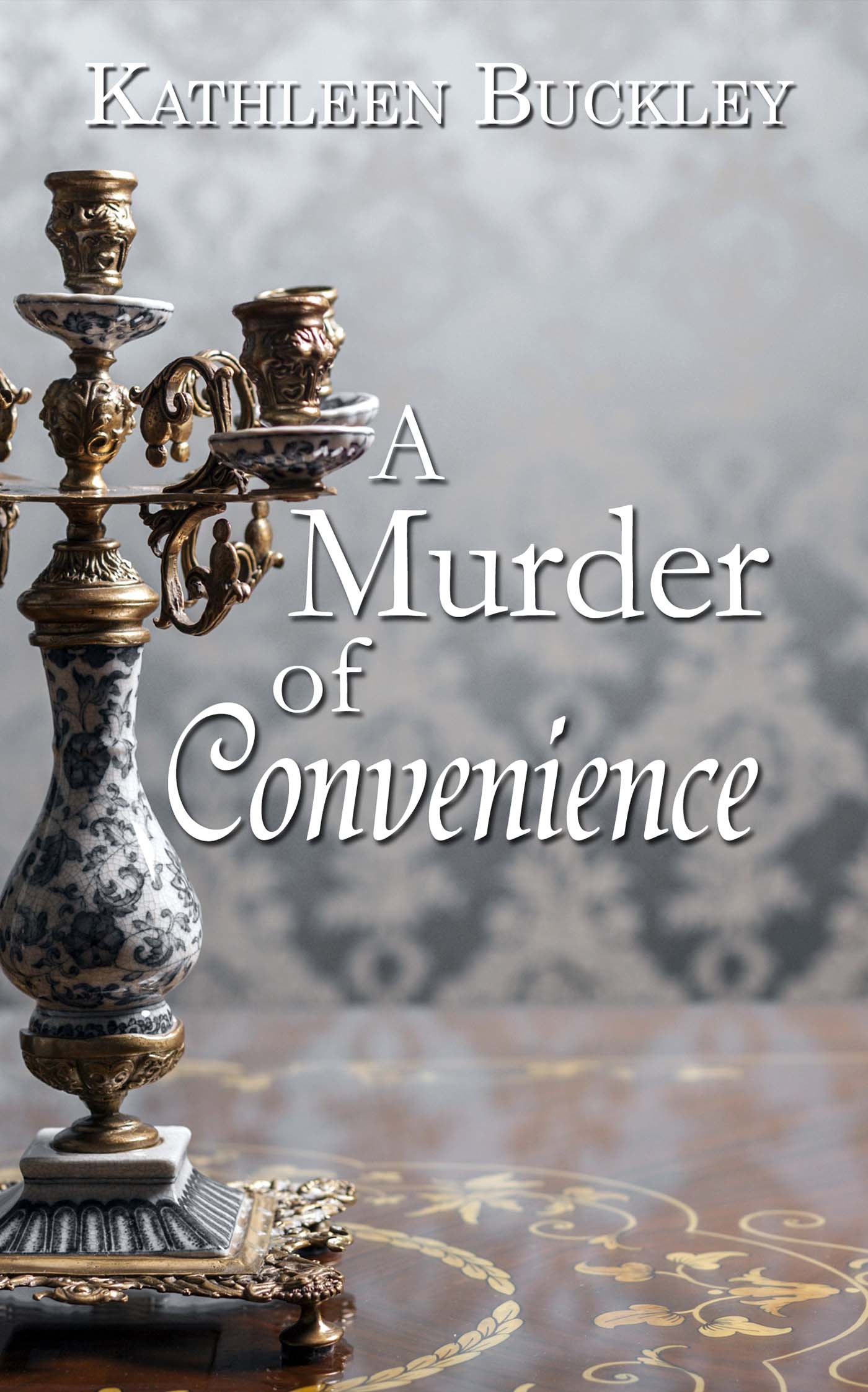


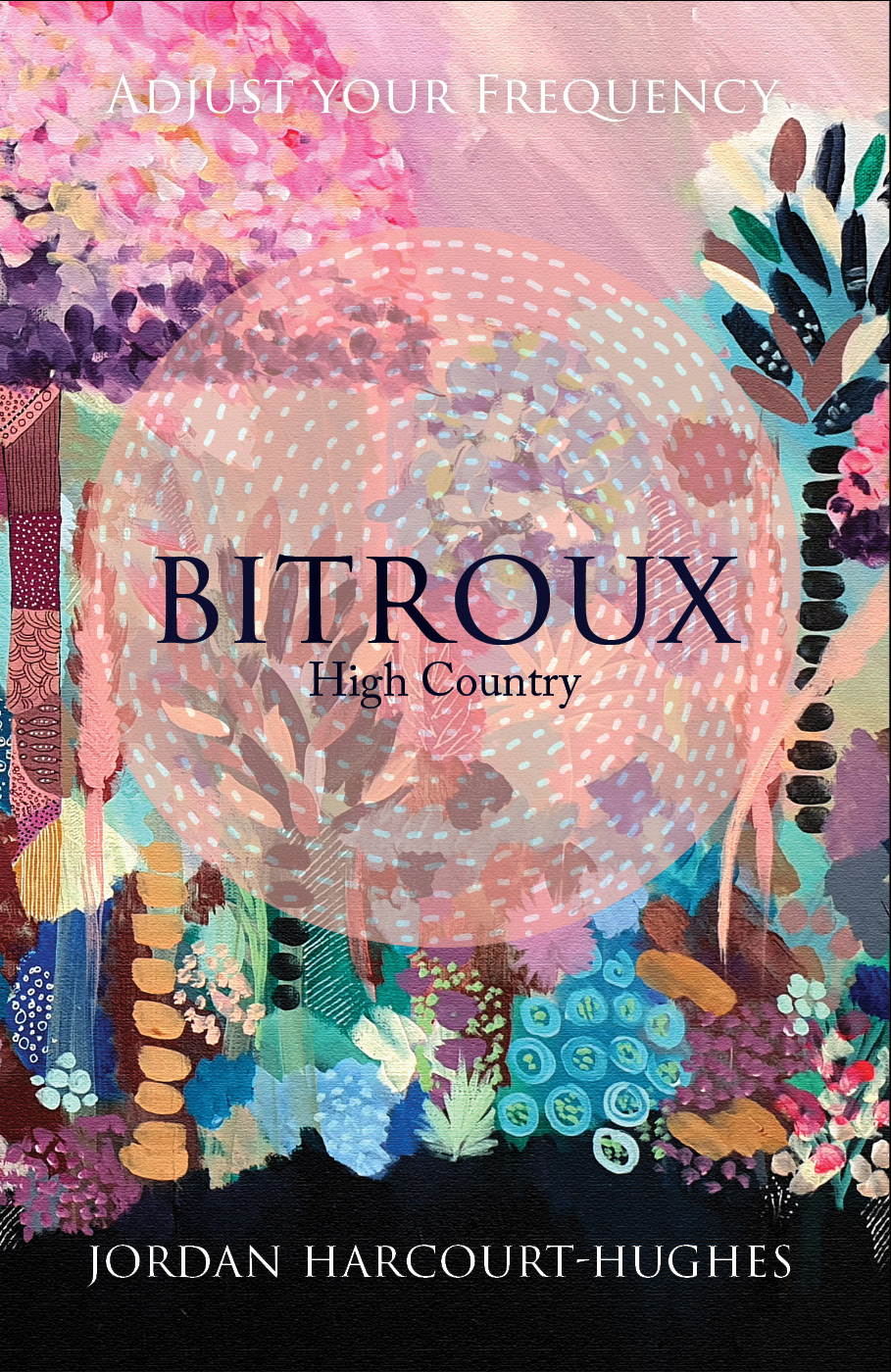
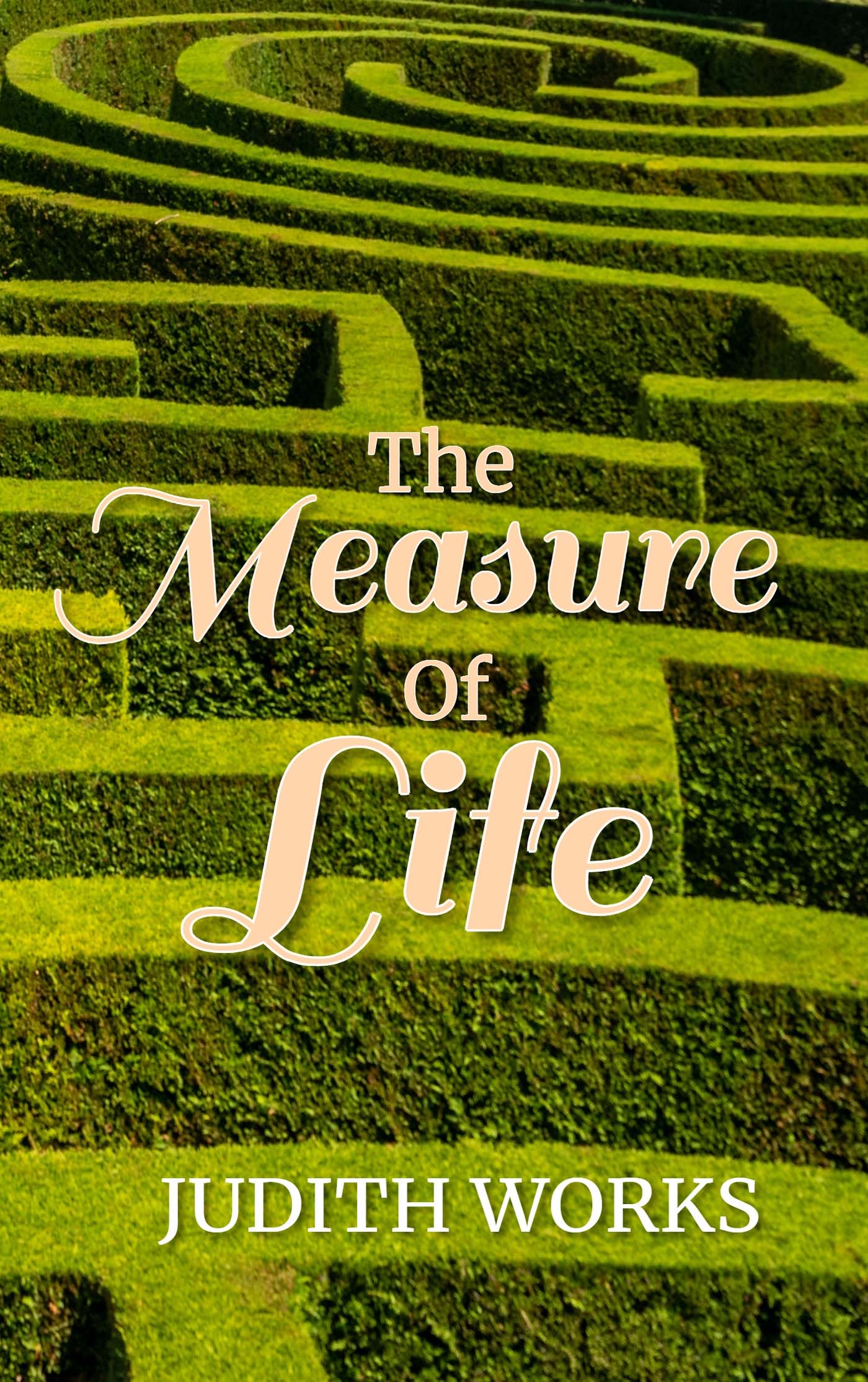


Speak Your Mind